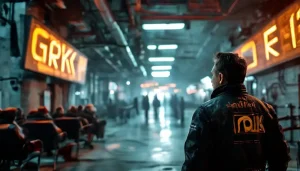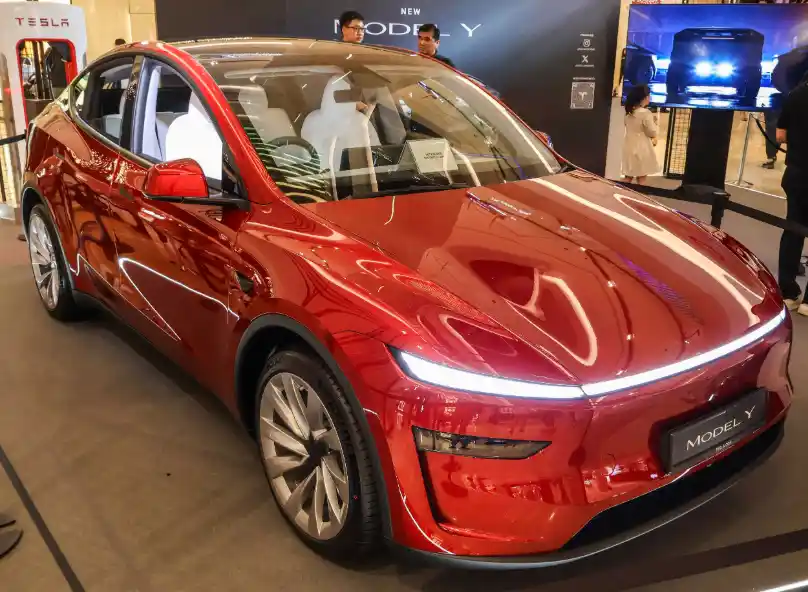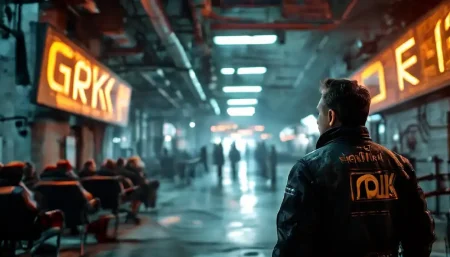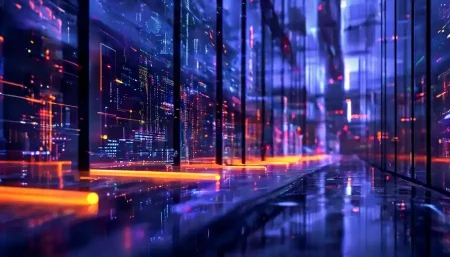Tesla’s India launch is less about entering a new EV market and more about jumping into the world’s most chaotic real-world simulator for autonomous driving.
Tesla’s long-awaited India entry finally happened on July 15th this year, with the Model Y listed at ₹59.89 lakh and a flashy showroom open in Mumbai. But if you think this is about selling EVs to the Indian masses, think again. There’s no manufacturing deal in place yet, in addition to a minimalistic rollout of charging infrastructure.
What Tesla has done, though, is quietly start hiring full-time Autopilot Vehicle Operators in Delhi and Mumbai, people whose job is to drive around Indian streets and feed machine learning data back into Tesla’s AI stack. The real story here isn’t cars, it’s training data. Tesla’s Full Self-Driving (FSD) system still hasn’t cracked Level 3 autonomy in most countries.
So where better to test and teach its vision-based AI than India’s glorious chaos? So while this launch may look like it’s about a car, under the hood, it’s an AI data play.
The Ultimate Proving-Ground
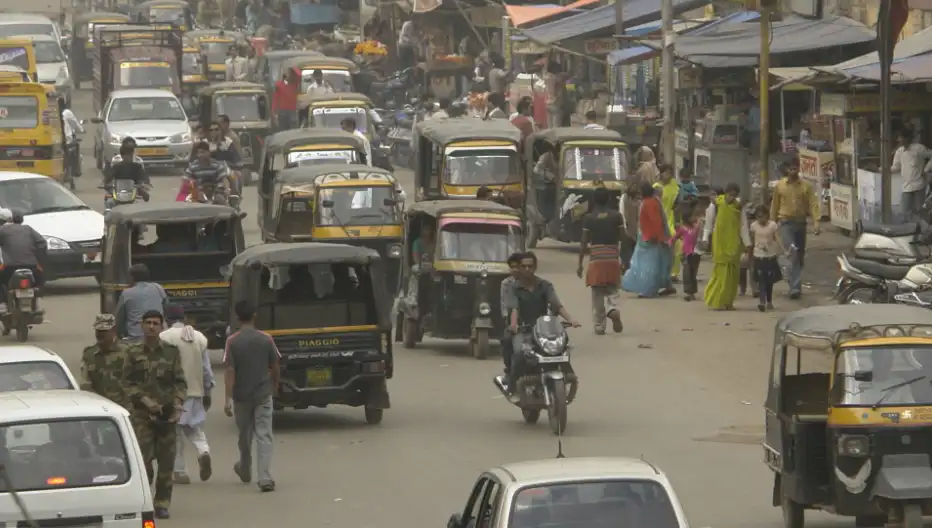
India may seem like an unlikely testing ground for self-driving cars, but for Tesla, it’s a calculated move. After years of struggling to gain regulatory traction for Full Self-Driving (FSD) in the U.S. and Europe, the company appears to be pivoting to where its AI can gather the most valuable, and chaotic, real-world data. India’s roads, with their unpredictable traffic flow, informal driving norms, and GPS-defying infrastructure, present precisely the kind of complex edge cases Tesla needs.
This isn’t just about training an algorithm, it’s about throwing the system into controlled chaos to see how it adapts. Unlike sanitized simulations or Western freeways, Indian traffic is a rolling stress test. For a company hitting the ceiling of what Level 2 autonomy can do, India could well be the final frontier for machine learning.
About this same time last year, we posted about Indian startup Swaayatt claiming level 5 autonomy while Tesla is still stuck on level 2. This is where Tesla’s timing gets interesting. Its global Full Self-Driving (FSD) effort is hitting roadblocks, both regulatory and technical. Level 2 autonomy (which requires constant human supervision) isn’t good enough anymore, and progress toward true autonomy is slowing.
Tesla needs fresh, messy data, and India delivers that in spades. Interestingly enough, in addition to Swaayatt, another Indian startup called Minus Zero is making headlines with bold claims of Level 5 autonomy, relying entirely on vision-based systems without lidar (like Tesla). This could mean Tesla’s arrival is a strategic move to learn from and eventually outpace these homegrown challengers.
It’s All About the Data
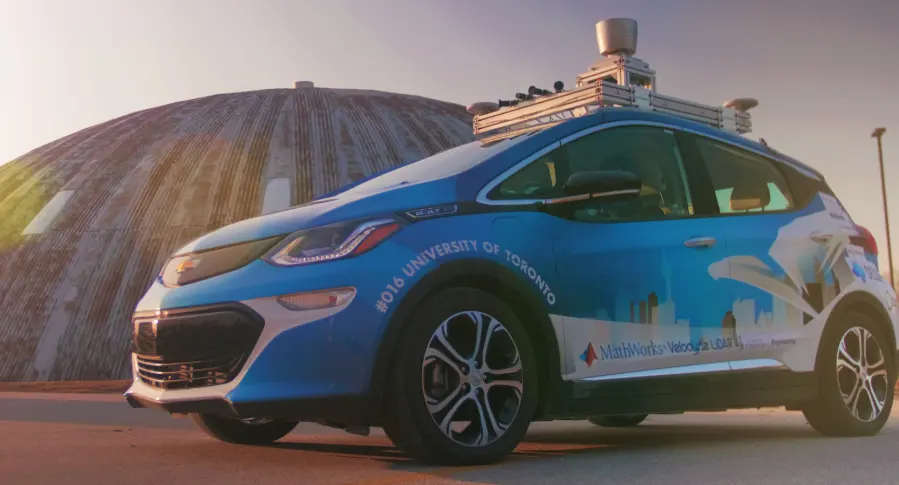
There’s a reason India is now a hotspot for AV (autonomous vehicle) innovation, and it’s not EV subsidies. It’s the data. Indian roads offer something no Western city can: extreme variability. Lanes are optional, signals are often ignored, and human behavior is gloriously unpredictable. From potholes to autorickshaws to unmarked detours, this is where AI systems either sink or swim.
Tesla’s camera-first system has long been controversial, with critics arguing that lidar and radar are essential for safety. But both Minus Zero and Swaayatt are also betting on vision-only autonomy, and they’re doing it right here in India. That puts pressure on Tesla to prove its AI can handle the same terrain. Every traffic jam becomes a lab. Every scooter that swerves without warning becomes a teachable moment for the machine. India may not offer big EV sales yet, but for AI training, it’s an unmatched environment.
What makes this moment intriguing isn’t just that Tesla is testing in India, it’s that it’s testing vision-based autonomy in a market where two Indian startups are already doing the same. Tesla’s bet on camera-only navigation is mirrored by Swaayyatt’s Level 5 trials in Bhopal and Minus Zero’s claim of achieving full autonomy through a “nature-inspired” AI approach. But it’s not really a level playing field. Tesla brings years of global driving data, a mature neural network, and real-world edge-case experience from five continents.
The Indian companies, meanwhile, have the home advantage, they’ve trained their systems in this chaos from the outset. Still, calling it a competition might be generous. This isn’t a clash of equals; it’s more like parallel experiments in the world’s toughest training ground. India’s streets aren’t just messy, they’re revealing. And anyone serious about autonomy, Tesla included, can’t afford to ignore them.
“Machine-Learn” in India, Drive Anywhere!
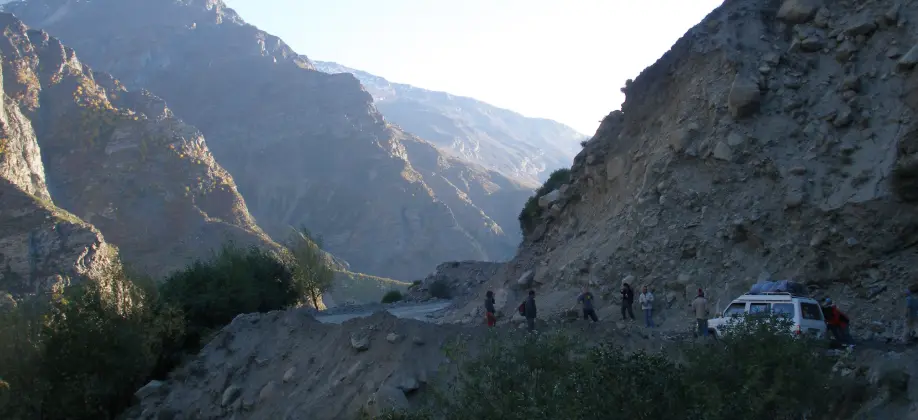
Tesla’s India entry may grab headlines for the Model Y and its ₹59.89 lakh price tag, but the car may be just the cover story. The real move could be deeper and far more strategic. By hiring Autopilot Vehicle Operators and launching data collection missions in Delhi and Mumbai, Tesla is laying the groundwork to train its AI on some of the most chaotic roads in the world. So while their goal on the surface might look like EV sales, it’s undoubtedly about preparing its Full Self-Driving system for the next leap.
In conclusion, India has unexpectedly become the new frontier for self-driving cars with exactly the kind of “messy” real-world data that advanced AI systems need to evolve. Additionally, we have some of the most experienced drivers who drive on some of the most dangerous roads on the planet.
Can you imagine if we could teach AI to drive like Indian truckers on the Hindustan-Tibet road? In this race, the first to learn Indian roads could quite possibly shape the global future of autonomy.
In case you missed:
- India’s Mappls Revolution: The Swadeshi Push to Dethrone Google Maps
- India Brings AI to Its Aatmanirbhar Weather Forecasting
- India’s first Aatmanirbhar Chip Fab: TATA leads the way!
- India’s first Aatmanirbhar semiconductor chip is finally here!
- India’s First Paid Chip Prototype: Kaynes Fires the Starting Shot
- Slaughterbots: Robot Warriors in the Indian Armed Forces!
- Age of Bhaarat: India’s Aatmanirbhar Leap into AAA MMORPG Gaming
- FraudGPT & WormGPT: Making Cybercrime Cheap & Effortless!
- Quantum War Tech: DRDO and IIT help India take the lead!
- DeepSeek’s AI Revolution: Creating an Entire AI Ecosystem
